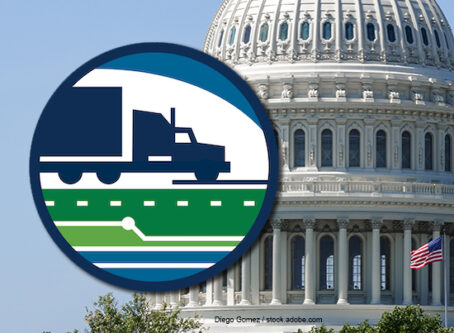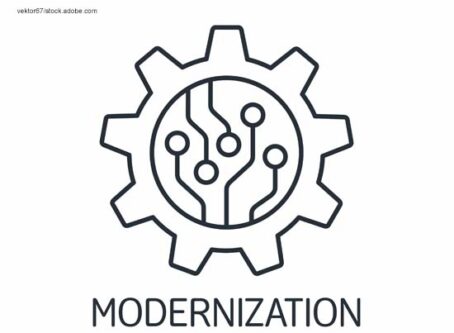States challenge Biden’s social cost of greenhouse gases
A 13-state coalition is challenging the Biden administration’s calculation of the social cost of greenhouse gases, calling the group established to make those calculations a “strange beast” and a wolf in wolf’s clothing.
Led by Missouri Attorney General Eric Schmitt, a coalition of 13 Republican states is defending its lawsuit against President Joseph Biden’s administration in the Eighth Circuit federal court of appeals. The coalition claims that an executive order that directs a group to calculate the social costs of greenhouse gases is making legislative decisions, which Congress never authorized.
Other states joining the lawsuit include Alaska, Arizona, Arkansas, Indiana, Kansas, Montana, Nebraska, Ohio, Oklahoma, South Carolina, Tennessee and Utah.
Signed in January 2021, Executive Order 13990 establishes the Interagency Working Group on the Social Cost of Greenhouse Gases. The working group is to calculate the social cost of carbon, nitrous oxide and methane.
The White House states the calculations are necessary for agencies when conducting cost-benefit analyses of regulatory and other actions. According to the executive order, estimates should “include changes in net agricultural productivity, human health, property damage from increased flood risk, and the value of ecosystem services.”
However, a baker’s dozen of state attorneys general argue that the binding estimates of $1 trillion per year in social costs of greenhouse gases are “an enormous and unprecedented expansion of the federal regulatory state, at a single stroke.” They argue that power is delegated to Congress. Calling the working group a “strange beast” in its reply brief,
“‘Frequently,’ a threat to the separation of powers ‘will come before the court clad, so to speak, in sheep’s clothing…. But this wolf comes as a wolf,’” plaintiffs state in court documents.
Executive order’s authority to establish greenhouse gases social cost
In March 2021, Schmitt filed a complaint in a Missouri federal district. Schmitt asked the court to prevent the federal government from using the greenhouse gas social cost calculations for any rulemaking or other federal actions. The White House motioned to have the case dismissed. The court sided with the federal government.
The executive order gives the Biden administration “the unilateral power to dictate specific values for the ‘social costs’ of greenhouse gases in virtually every regulatory program administered by the federal government,” the lawsuit argues.
The White House counterargues that the executive order directs the “working group to disseminate temporary estimates,” which are to be used by federal agencies in analyzing proposed rulemakings. The executive branch also argues that decisions regarding “significant proposed actions should be informed by an empirical, monetized assessment of their expected consequences—that is, cost-benefit analysis.”
That framework was established by a 1993 executive order, which requires an assessment of a rule’s anticipated costs and benefits. Still intact today, that executive order requires quantification of costs and benefits for rules that may “have an annual effect on the economy of $100 million or more or adversely affect the economy or its components.”
The Biden administration argues that Schmitt fails to state a claim. Specifically, it claims that injury allegations are based on hypothetical future regulations.
Consequently, the claims are premature. In other words, if the interim calculations of the social cost of greenhouse gases are used to justify a future action, then the states can challenge that specific agency action.
The district court agreed that the states’ injury claims rely “on a highly attenuated chain of possibilities.” Therefore, potential injuries cannot be seen as impending or inevitable.
“Indeed, when asked at oral argument to explain how exactly the interim estimates would apply in future agency actions, plaintiffs could not,” the district court ruled. “Because they do not yet know. Neither does this court. There is simply no way to predict how the interim estimates will affect an agency’s analysis, if at all, without resorting to sheer speculation.”
Consequently, the case was dismissed. The states appealed the dismissal in the Eighth Circuit. That appeal is still spending. LL









